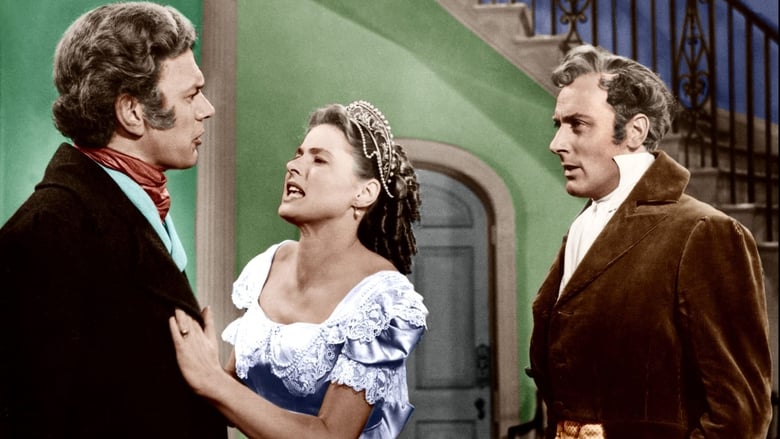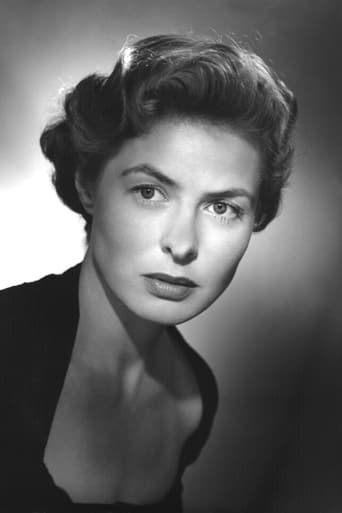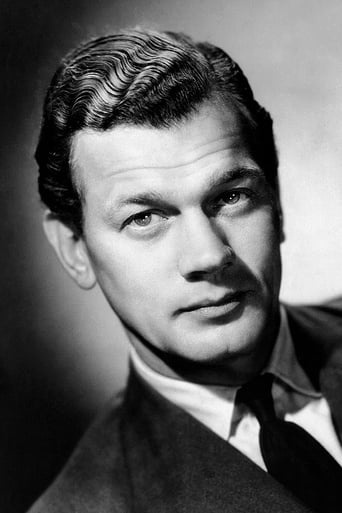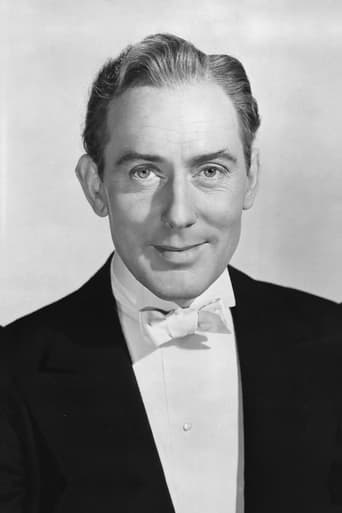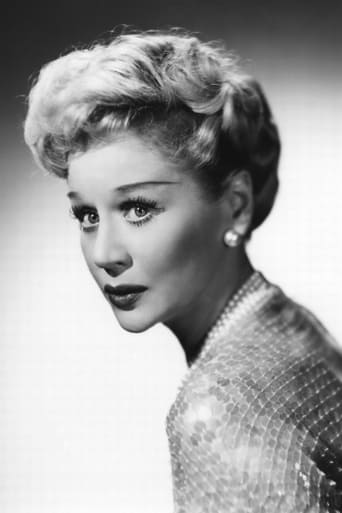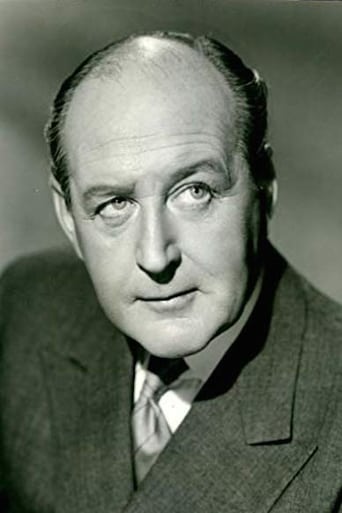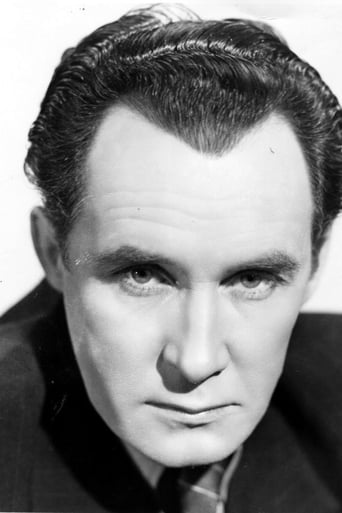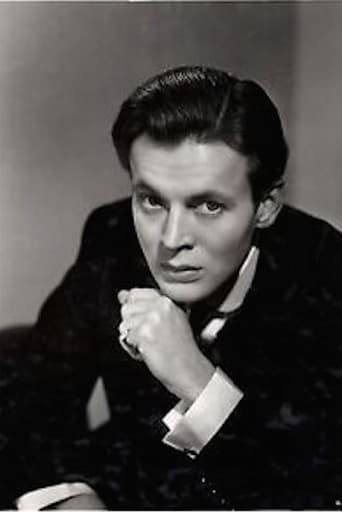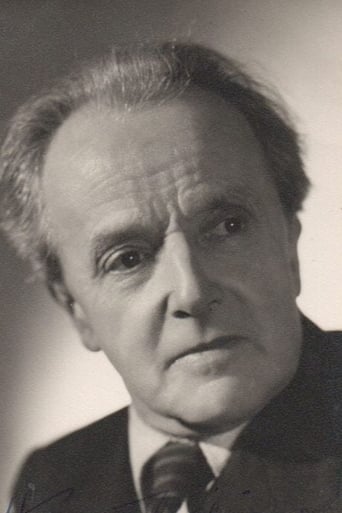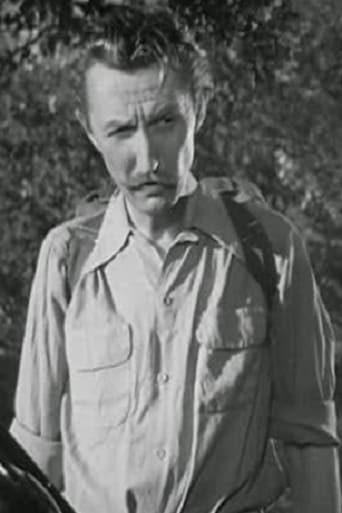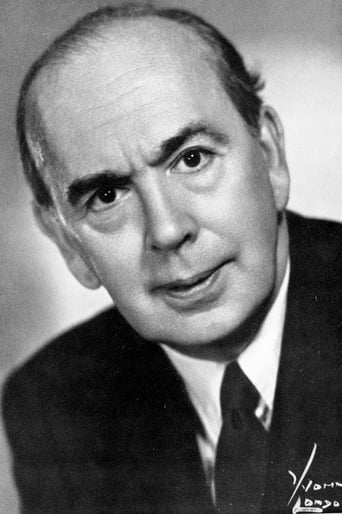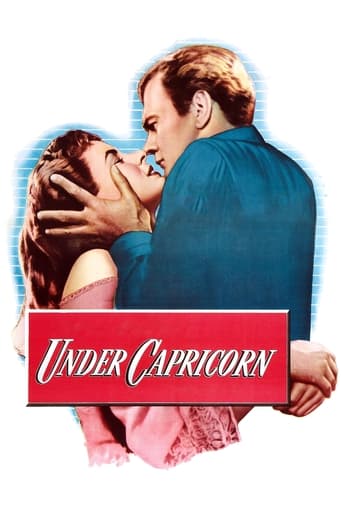
Under Capricorn
October. 08,1949 NRIn 1831, Irishman Charles Adare travels to Australia to start a new life with the help of his cousin who has just been appointed governor. When he arrives he meets powerful landowner and ex-convict, Sam Flusky, who wants to do a business deal with him. Whilst attending a dinner party at Flusky's house, Charles meets Flusky's wife Henrietta who he had known as a child back in Ireland. Henrietta is an alcoholic and seems to be on the verge of madness.
Similar titles
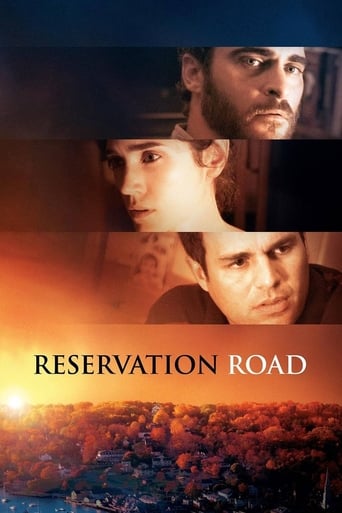
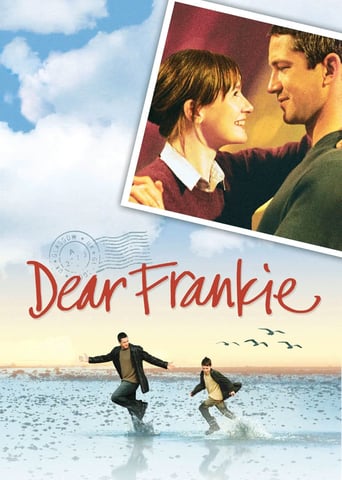
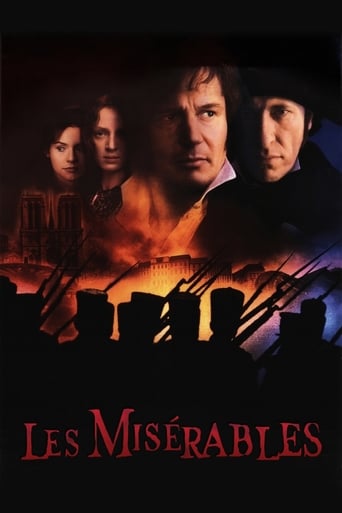
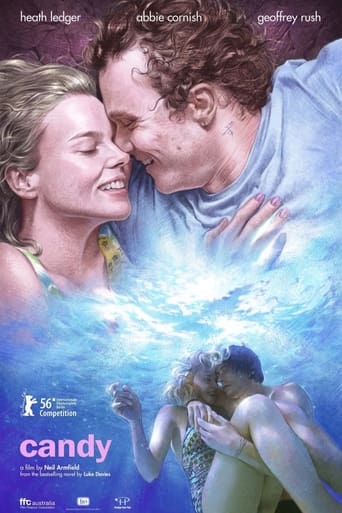
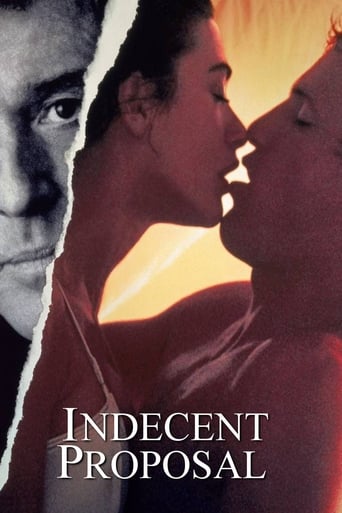
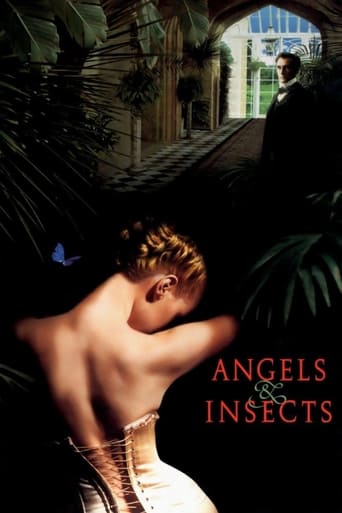
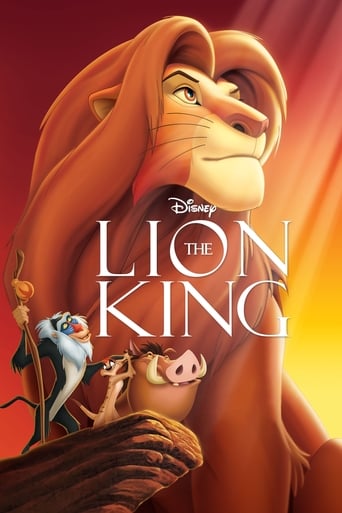
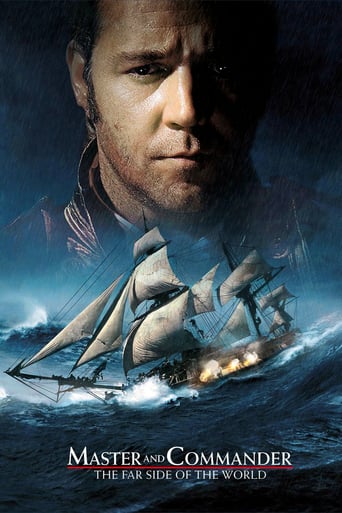
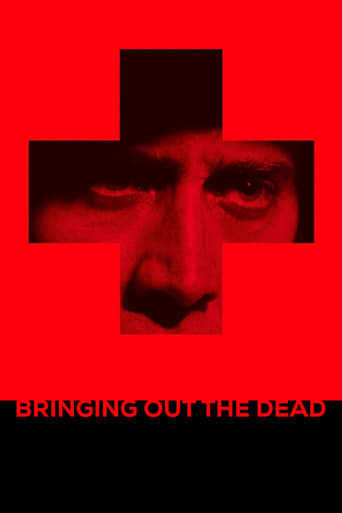
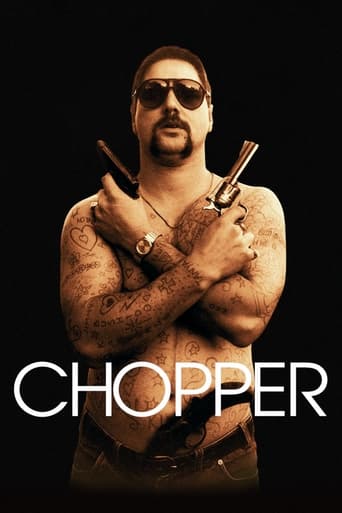
You May Also Like
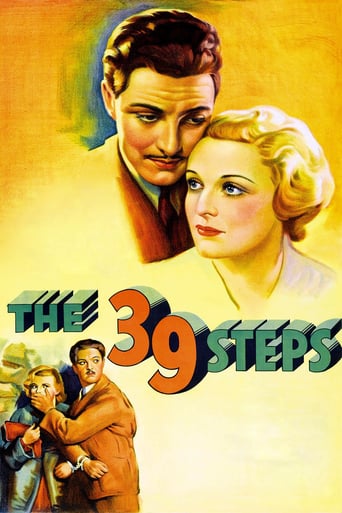
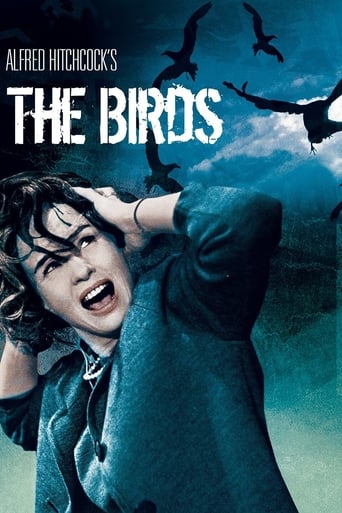
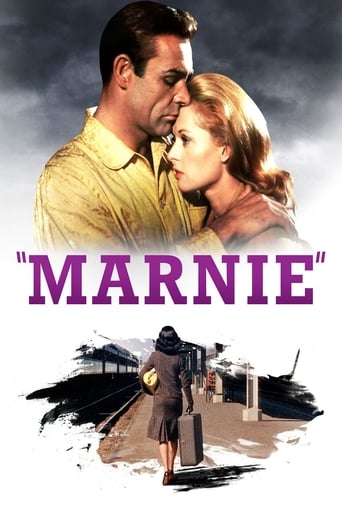
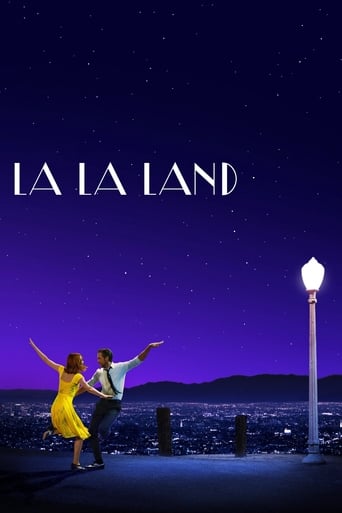
Reviews
Simple and well acted, it has tension enough to knot the stomach.
While it doesn't offer any answers, it both thrills and makes you think.
The movie's neither hopeful in contrived ways, nor hopeless in different contrived ways. Somehow it manages to be wonderful
It’s not bad or unwatchable but despite the amplitude of the spectacle, the end result is underwhelming.
I think it's a shame that this Alfred Hitchcock film was such a bomb at the box office, and with critics, if only for the reason that few may have seen Margaret Leighton's performance as Milly, the Flusky family's maid. She gives the character an evilness with even more depth that Judith Anderson's "Mrs. Danvers" (recognized as #31 villain by the American Film Institute) in Rebecca (1940). I say this because, as much as I love Anderson's character, the dialogue given Leighton's character is more complex, meaning the actress cannot rely as much on brooding scowls as Anderson did, which may not have been as sinister if that film, like this one, was in color.By the way, the Technicolor in this one (Hitchcock's second) makes the men's lipstick a bit too apparent. In any case, overall, the film is not a complete disappointment either, even though a costume drama is one of the last genres one would expect the "Master of Suspense" to direct.Adapted for the screen by actor Hume Cronyn, James Bridie wrote the screenplay from the novel by Helen Simpson, the film contains little intrigue, relative to the director's other more famous films. The central issue seems to be Mrs. Flusky's behavior, and the reasons for it; she's played by Ingrid Bergman (overacting, just a bit). Joseph Cotten (solid, as usual) plays her brooding husband Sam, a successful businessman who was once a convict, sentenced to serve seven years in prison in Australia, where the film is set.The film takes place many years later, and begins when Charles Adare (Michael Wilding, who seems perfect for the role) follows his uncle (Cecil Parker) to the continent; his uncle has just been appointed the Governor of the British Colony. So, Adare hopes to make his fortune in the "new" land, something virtually every young man with ambition, and a willingness to work hard, has been able to achieve. Unfortunately, Adare doesn't intend to employ the latter method, hence he makes an easy acquaintance of Sam Flusky, who wants to use the penniless Adare to purchase some land, legally if not ethically for his own purposes.Adare is not quite sure at first where he's heard Flusky's name before, but once he's invited to dinner, and meets his wife, he realizes why. She used to be Lady Henrietta, a woman who left home in scandal, having married her father's groom, Sam, who was convicted for murdering her brother. Henrietta followed him to Australia where she endured a squalid existence waiting for him to serve out his term.When Adare first meets Henrietta, she's a drunk, kept that way by another convict, now a maid who runs the household, named Milly (Leighton). Evidently, Henrietta suffered quite a bit while Sam was in prison such that Milly, with designs on the head of the household herself, has been able to comfort the Lady with drink such that Henrietta thinks of Milly as her friend. Ignorant of Milly's motivations, Sam believes this to be true as well, as does Adare, at least initially.Shocked by what he sees of the former Lady, and young enough to remember the beautiful woman that she once was, Adare leaps at the opportunity, provided by Sam, to help Henrietta, in hopes that she can return to her old self. And she does, with Adare's help, make a comeback such that she feels confident enough to run the household and even return to society and social engagements.It's at this point, however, that Milly, who'd been let go, returns coincidentally to work her magic on her former employer Sam. Using Adare's name and insinuating a relationship which doesn't exist between Henrietta and he, she manipulates Sam into a jealousy that ruins his wife's, and his, relationship with the Governor at a social event. Adare had forged an invitation for them (his uncle had "disowned" him per his relationship with the ex-con Sam) and had just succeeded in a Cinderella-like reception for the "restored" Lady Henrietta when Sam arrives in somewhat of a rage.Subsequently, the truth of Sam's relationship with Henrietta comes out, and the drama's final third feels a bit "trumped up" to lengthen the story (even though it's during this that we learn the full extent of Milly's evil deeds).
... as the film really fell under my expectations. "Under Capricorn" is the third Hitchcock's costume drama and the last one. That Hitch never gave a fourth trial says enough, history isn't just his strongest suit.Indeed, Hitchcock is an expert of human emotions and knows more than any director how to convey the most complex and thought-provoking of them in challenging plots, never stingy on twists and surprises, as long as nothing undermines the viewers' attention. Maybe the costumes, the flashy settings all the attention to historical details are too distracting or too time-consuming, maybe people of the 19th century are too exuberant, too solemn or to melodramatic to fit in Hitchcock's universe or to allow him to express his wicked sense of humor and his mastery of suspense. Maybe Hitchcock is too 'modern' for this kind of film.To give you an idea, just look at the positive comments, they all praise the acting, the costumes, the directing, the cinematography this is not a good sign when a Hitchcock movie is judged on these peripheral and banal elements. Hitchcock movies strike you for two things: action and/or characters and one of them generally makes the film, both in the best ones. When I saw "Gaslight", I immediately came to review my utter disgust toward Gregory Anton, one of the most despicable villains I had ever seen, this is the kind of strong reactions or emotions a film should inspire. But "Under Capricorn" is no "Gaslight".Why do I bring "Gaslight", which isn't even a Hitchcock film, in a review of "Under Capricorn"? I think it's pretty obvious when you saw both movies. "Under Capricorn" had a great potential and a story that promised to be emotionally engaging, no one can endure the sight of poor Bergman being 'gaslighted', not again. Australia wasn't much of an exotic location except for one parameter: the story is built upon the common fact (and not so myth) that many of the first inhabitants were ex-convicts, and after they did their time, they could get back to society and good manners commanded not to ask a man what he's done before. This is a great plot device because from the outsider's standpoint, anyone is suspect.Yet nothing is really made out of that interesting premise. It only serves to hide one secret, the secret of the character we know from the start he's hiding a secret. The exposition takes a long time to present us some characters but their contribution to the plot is so nonexistent you wonder why they were shown to us in the first place. Basically, the film is a seemingly love triangle between Michael Wilding as a young Irish coming to seek fortune, Joseph Cotton as Flusky, a gruff man doing business with him because his past prevents him from buying lands, and his wife Hattie, played by Ingrid Bergman. Unfortunately, none of these three actors can save the film from its long and flat way toward the ending.And I think Hitchcock's fans are intelligent enough to make the difference between drama and thriller, and just from the costumes, they can tell that a film won't be part of Hitchcock's canon. But even by pure dramatic standards, the film doesn't quite work. The main protagonist is an insolent little prick who's so overconfident you want his journey to go through some humility-teaching experiences. None of that, he's as cocky as arrogant in the ending. You expect that the unmasking of the antagonist played by Margaret Leighton will be the result of a suspenseful or at least tense moment; no she is simply caught in the act in the cheapest and most convenient way. I'm not asking for cheap thrills but just action.Drama was the Greek word for action, but "Under Capricorn' might be one of the most talkative movie ever, the plot is only constructed on talks, exchanges and revelations. And the most thrilling moments are immediately canceled off by talking and talking again. This is definitely not a Hitchcock film and while he didn't have a strong reputation when he made "Waltzes of Vienna" and "Jamaica Inn", in 1949, he had so many great movies under his bundle that he couldn't expect "Under Capricorn" to be above people's expectation. Yet the film happened to be ecstatically praised by the Cahier du Cinema French authors, and François Truffaut and Claude Chabrol had the most apologetic words.What did they find in this film? Beats me. But if they're the guys who deemed Clouzot as old-school, you know the closest rival to Hitchcock, it's a wonder how they could blindly adore this film. It is the height of snobbery when you take your adoration to a director as a basis to love whatever he did. Well, Hitchcock who's still one of the greatest directors, was entitled to have a few misfires and this is one of them. You can't praise "Strangers on a Train" and "Rear Window" if you also love "Under Capricorn", it doesn't make sense. Again the film had a great potential, but it was executed as if no one cared to make an impact.And all the costumes and acting in the world can't save a film from dullness; the only interesting thing about it is in the way it makes you wonder how Hitchcock could fail with so many promising elements.
Under Capricorn – Directed by Alfred HitchcockThe great experiment – hire the best actors and give them long takes to act on sets, just as they would on stage. Their performances should sell tickets. Hitch couldn't understand that this was neither the time nor the place to make that gamble. To understand why this film seems so stilted compared to other Hitchcock films both before and after, you must understand the two acting styles between theater and film. William Wyler and other directors (including Hitch) were the first to recognize that because of film's intimacy with close up lenses, the use of large gestures, voluminous voices, and heavy emphasis on certain phrases tend to over dramatize when the image is expanded to a hundred foot screen.Stage acting must sustain a performance when the actor is on stage – all the time the actor is on stage. A film actor isn't on stage or even in front of an audience (though sometimes the crew will behave that way to encourage an actor). Film is an intimate medium and is more a directors and editors medium. A shot can be shortened or cut to a differing length no matter how well an actor has performed at its conclusion. Consecutive shots make up the film process, not continuous performances.The long takes in "Under Capricorn" serve to undermine the filmmaking process and Hitch would learn this lesson the hard way as this film failed with audiences. The movie is more a staged melodrama and less the kind of suspenseful film that cemented Hitchcock's reputations. After World War II, acting styles had changed radically. New York began to churn out actors from the Actor's Studio versus the Stanislavsky method that actors like Bette Davis employed. Instead of shooting what he needed for the plot, Hitchcock decided to let the actors perform. He never made a film this way again. Film is not theater for so many reasons and forcing it to be one makes for poor cinema. How many filmmakers learn that lesson the hard way?The first day of shooting "Wuthering Heights," William Wyler almost fired Lawrence Olivier. "I don't care where you've acted or what you've done on stage, this is film and you must give me realism or we'll be here all day." Olivier learned to pull back under Wyler's direction. Hitch may have been the master of suspense, but he was no good when it came to evoking spontaneous performances. Once he went back to his formula way of making pictures, he became successful as evidenced in his next film, "Strangers on a train." "Under Capricorn" was an experiment that failed. Every auteur genius is allowed one or two in their career. Kubrick, Spielberg, Wyler – they all had them. Hitch had them, too.
Unusual genre change for Hitchcock, a suspense-less western, crossed with romance and costume drama/ stage play, in the Land Down Under.Long and lumbering mess of a movie, with Hitchcock more interested in setting up lengthy tracking shots than anything else. In the previous year's Rope, Hitchcock used the same trick to good effect, but here it seems to have no purpose, no relation to the story. In Rope, the long, unedited takes resembled an unblinking, all seeing eye.Here, it seems like the same unblinking, all-seeing eye refuses to look away, even though it knows it should have looked away long ago.The long, unedited takes look like master shots, or even just raw footage. It becomes somewhat hypnotic, dulling the senses to the dull screen story. It feels like we are just blankly staring into space, completely unaware of what is happening, but too bored to even look away. (Is that what the cinematographer felt?) It's like we are carrying on a dull conversation with someone, and that someone refuses to break eye contact, like they are waiting for us to suddenly become interested in the proceedings. A few close-ups were needed to bring out more detail, in the settings and performances, but as it is, it seems like the filmmakers couldn't even bother to do much editing.The set designs and costumes all look good, but that cannot support the entire movie on its own. The film could have benefited (slightly) from on-location photography, but everything was filmed on soundstages in California.Starts slowly, but then it looks as though it may get going and become interesting, but then it fizzles away, all within its first half hour. It doesn't really even have Hitchcock's usual sense of humour to liven the proceedings. A complete waste. Probably one of the few Hitchcock films that I could not sit through a second time.
Top Streaming Movies











